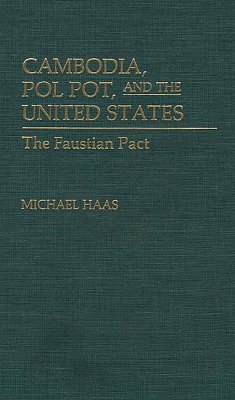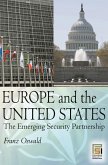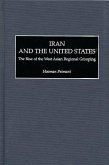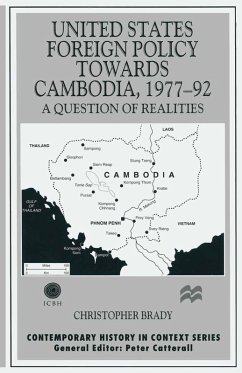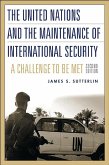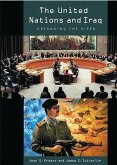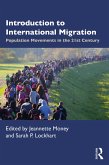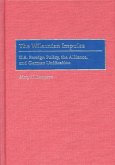This provocative analysis of U.S. relations with Cambodia from the 1950s to the present illuminates foreign policy issues that remain especially pertinent in the aftermath of the Cold War, as we attempt to formulate new approaches to a changed but still threatening international situation. Based on interviews with more than 100 diplomats, journalists, and scholars who have been involved with the Cambodian peace process, Michael Haas' book brings to light new information on a complex chain of events and casts doubt on official accounts of U.S. policies toward Cambodia. Haas sorts through the tangle of misinformation, anti-communist hysteria, secret operations, and other policy miscalculations that he contends were instrumental in defeating the unaligned government of Prince Sihanouk and setting the stage for the Khmer Rouge takeover and massive slaughter in Cambodia. He examines the strategic assumptions underlying U.S. efforts to sustain the Khmer Rouge after its defeat by Vietnam in 1979, and the unraveling of that policy when the unilateral withdrawal of Vietnamese troops eliminated any reasonable justification for it. Haas attributes U.S. failures in Cambodia to a combination of the idealistic desire to remake the world in a democratic image, a belief in U.S. omnipotence, and the realpolitik tradition of using power to advance U.S. commercial and security interests whenever they seem to be threatened. Through the method of options analysis, Haas proposes a model of international relations based on self-determination and democratic principles. Urging reflection on the lessons of Cambodia as policies are developed for the 1990s, this book will be important reading for diplomats, policymakers, journalists, and academics with an interest in foreign policy analysis and conflict resolution, communism, and Southeast Asia.
Bitte wählen Sie Ihr Anliegen aus.
Rechnungen
Retourenschein anfordern
Bestellstatus
Storno

